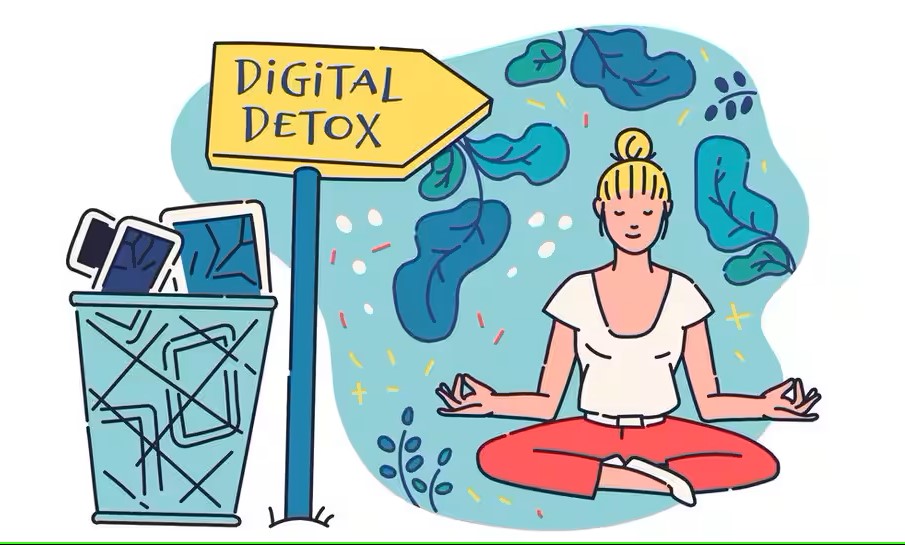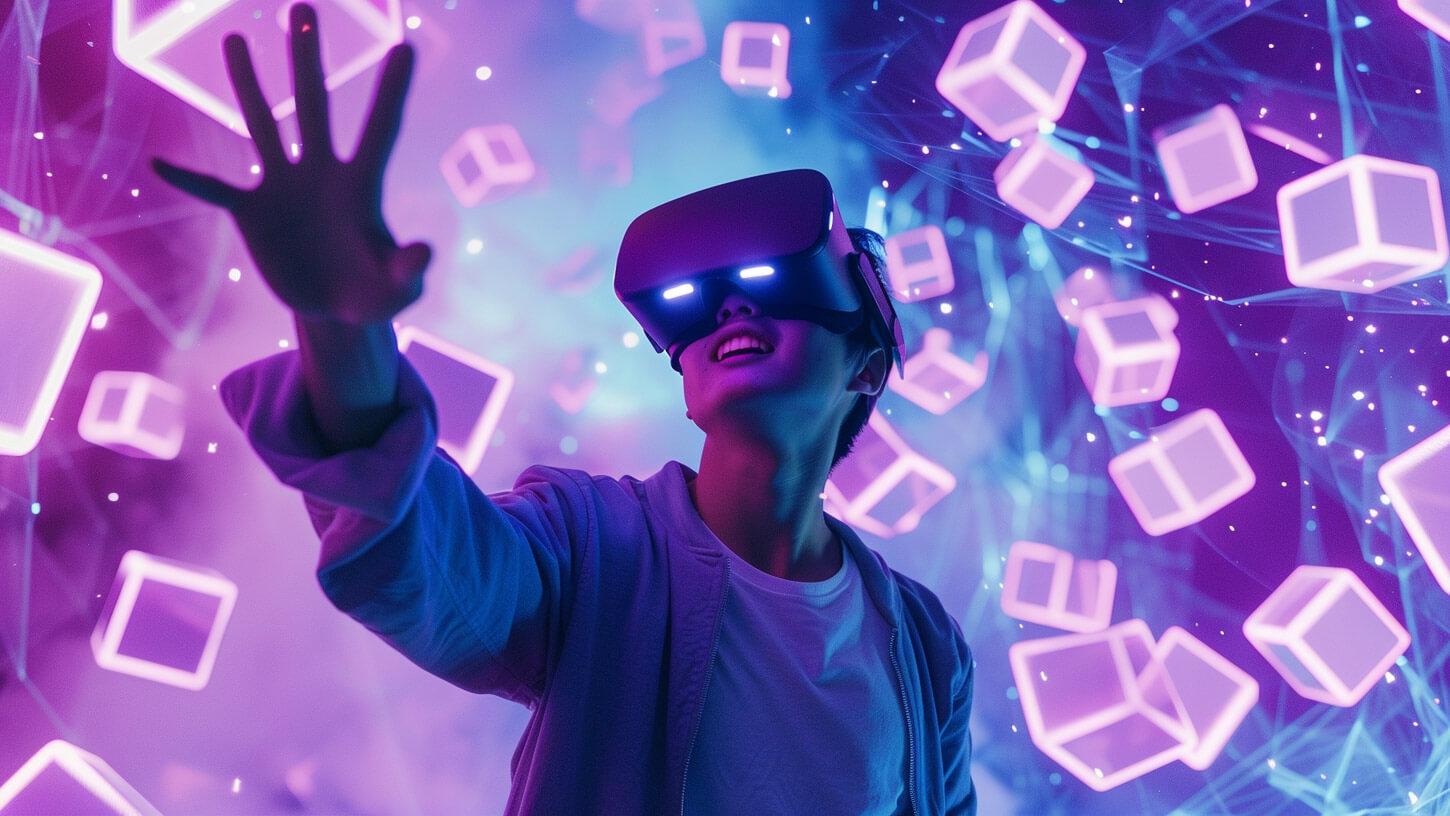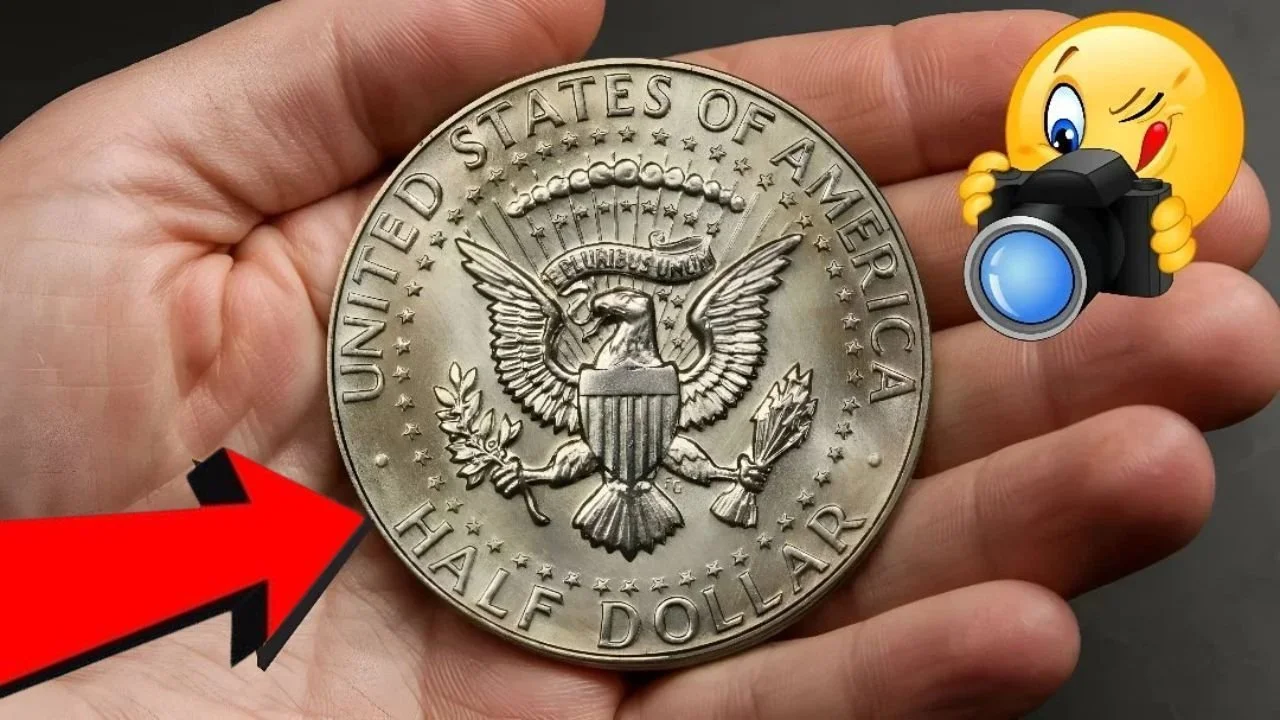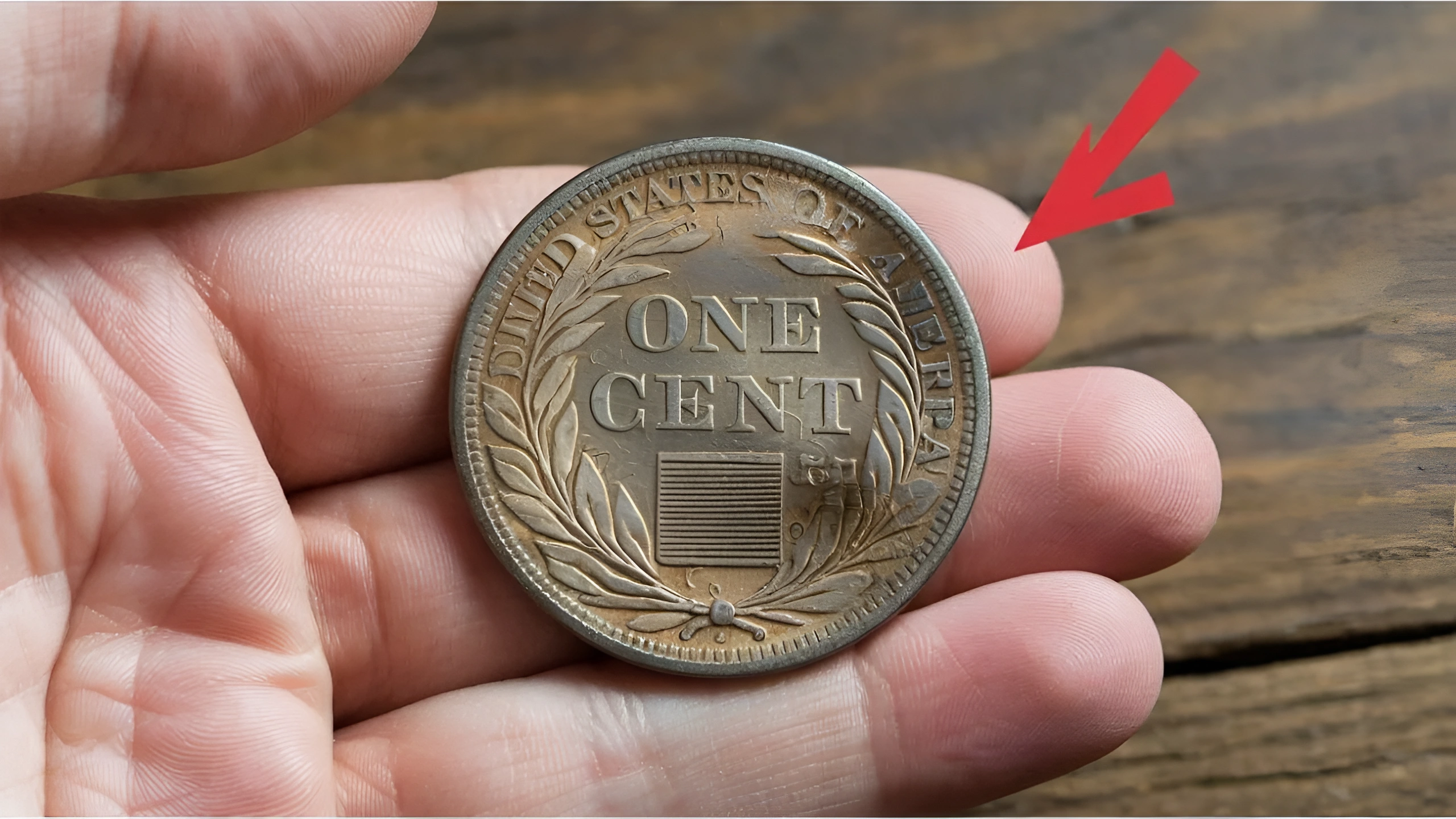
Digital Detox: Unplug to Reconnect
In a world where screens dominate our daily lives, the constant buzz of notifications, social media updates, and endless digital distractions can leave us feeling overwhelmed, disconnected, and mentally drained. A digital detox—a period of time where you disconnect from digital devices—has become a vital practice for many, offering a chance to restore balance and reconnect with ourselves, others, and the world around us. Let’s explore the benefits of a digital detox and how to unplug to reconnect.

1. Why a Digital Detox Matters
We are constantly connected to the digital world, often without realizing how much it affects our mental, emotional, and physical well-being. The pressure to stay updated with emails, social media, news, and notifications can lead to digital burnout. Some signs that a digital detox might be necessary include:
- Mental Fatigue: Constant exposure to screens can cause brain fog and difficulty focusing. This overload can leave us feeling exhausted without ever having physically exerted ourselves.
- Decreased Face-to-Face Interactions: While technology allows us to stay in touch virtually, it can erode the quality of our in-person connections, leaving us feeling isolated even when surrounded by people.
- Stress and Anxiety: The pressure to always be available or respond instantly to messages can increase stress levels. The need for external validation through likes and comments on social media can also contribute to anxiety.
2. The Benefits of a Digital Detox
Taking a break from digital devices offers a wide range of physical, mental, and emotional benefits. Some of the key advantages of unplugging include:
- Improved Mental Clarity: Stepping away from screens allows the mind to reset. Without constant distractions, you can focus better on tasks, think more clearly, and feel mentally refreshed.
- Enhanced Relationships: By unplugging, you can dedicate more time to connecting with loved ones face-to-face. These genuine interactions help build deeper, more meaningful relationships.
- Better Sleep: The blue light emitted by screens interferes with the production of melatonin, the hormone responsible for regulating sleep. Taking a break from screens before bed can lead to improved sleep quality and a more restful night’s sleep.
- Increased Productivity and Creativity: A digital detox helps eliminate distractions, allowing you to focus more deeply on tasks and boost your productivity. It also gives your brain space to wander and explore creative ideas.
- Reduced Stress and Anxiety: Disconnecting from constant notifications and online drama can help lower stress levels and reduce the mental noise that contributes to anxiety.
3. How to Do a Digital Detox
A digital detox doesn’t have to be extreme, and you can customize it based on your lifestyle and goals. Here are some practical tips to help you unplug and reconnect:
- Set Boundaries for Screen Time: Start by identifying areas where digital devices are dominating your time, such as social media, email checking, or endless web browsing. Set specific limits for when and how long you use devices, and stick to them. For example, you can allocate specific times during the day for checking emails or social media.
- Unsubscribe and Disable Notifications: One of the easiest ways to reclaim your time is to stop distractions before they start. Unsubscribe from unnecessary emails and turn off non-essential notifications on your phone. This way, you won’t be constantly interrupted by updates and alerts.
- Designate Screen-Free Zones: Create spaces in your home where screens are off-limits, such as the dining room or bedroom. This encourages real-life interactions and helps promote better sleep hygiene by avoiding screens before bedtime.
- Engage in Offline Activities: Replace screen time with enriching offline activities that nurture your mind and body. Read a book, go for a walk, try a new hobby, practice meditation, or spend quality time with friends and family. These activities foster genuine connection and personal growth.
- Take a Social Media Break: If you find social media overwhelming, consider taking a break. You don’t have to quit forever, but even a few days or weeks off can help reduce stress, break the habit of constant scrolling, and reorient your focus toward more meaningful pursuits.
- Practice Mindfulness: Use your time unplugged to practice mindfulness. Focus on being present in the moment, whether it’s enjoying a meal, having a conversation, or simply sitting in silence. This practice enhances your awareness and helps reduce the tendency to multitask or get distracted.
4. Reconnecting with Nature
A digital detox often goes hand in hand with reconnecting to nature. Spending time outdoors can offer a powerful antidote to the overwhelming presence of screens. Whether it’s hiking in the mountains, strolling through a park, or simply sitting outside in the fresh air, nature offers a chance to recharge, reset, and gain perspective. The natural world provides a calming, sensory-rich environment that enhances mental well-being. By stepping outside, you can not only reconnect with yourself but also rediscover the beauty of the world around you—free from the noise and clutter of digital distractions.
5. Gradual Reintroduction of Technology
After a period of unplugging, you may feel more grounded and centered. However, it’s important to reintroduce technology mindfully. Consider these strategies for balancing your digital and offline life:
- Set Intentions: Before re-engaging with digital devices, set clear intentions for how you want to use them. Focus on being intentional with your screen time, whether it’s for work, creative projects, or meaningful social interactions.
- Prioritize Quality Over Quantity: Instead of mindlessly scrolling through social media or checking your phone out of habit, prioritize activities that add value to your life. Use technology as a tool, not a constant distraction.
- Continue Practicing Boundaries: Keep the boundaries you established during your detox in place. Make time for offline activities and ensure that technology does not take over your life again.
6. The Long-Term Impact of Regular Digital Detox
Incorporating regular digital detoxes into your routine can have lasting benefits for your mental and emotional health. By periodically stepping away from the constant barrage of information and digital noise, you allow yourself to reset, recharge, and engage with life in a more mindful way. Over time, you’ll find that you’re more present, more focused, and more connected to the world and people around you.
Conclusion: Embrace the Power of Unplugging
In our hyper-connected world, a digital detox is not just a luxury—it’s a necessity for maintaining balance, well-being, and meaningful connections. By intentionally unplugging from digital devices, you give yourself the opportunity to reconnect with yourself, your relationships, and the world around you. A digital detox may be just what you need to reclaim your peace of mind, boost your productivity, and find joy in the simple, offline moments of life.








